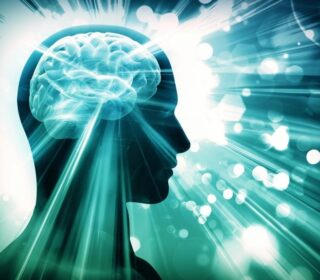A recent study explores the challenges of creating magic tricks using only sound, highlighting the differences in how our brains process visual and auditory information. This raises important questions about making magic accessible to people with blindness.
Key Findings:
- Visual magic tricks dominate, while auditory illusions are rare.
- Humans process visual information differently from auditory information.
- Auditory perception is transient, whereas visual perception reflects the state of the world.
The Challenges of Auditory Magic:
- Brain processing differences between vision and sound.
- Limited understanding of auditory perception.
- Magicians’ lack of exploration into auditory tricks.
Expert Insights:
“Magic should not rely on vision alone… We don’t fully understand why [auditory tricks are rare], but this is an interesting question that invites more investigation into our senses and may help make magic more inclusive.” – Gustav Kuhn, Associate Professor in Psychology
Breaking Down Barriers:
- Researchers launch competition to challenge magicians to create sound-based tricks.
- Exploring auditory illusions, like stereo sound manipulation and the Shepard tone.
- Potential for inclusive magic experiences for people with blindness.
Reference:
“Magic for the blind: are auditory tricks impossible?” by Gustav Kuhn et al., Trends in Cognitive Sciences (2024)
Share Your Thoughts:
How can magicians adapt their craft to include auditory illusions? What potential applications could accessible magic have for people with blindness?

















